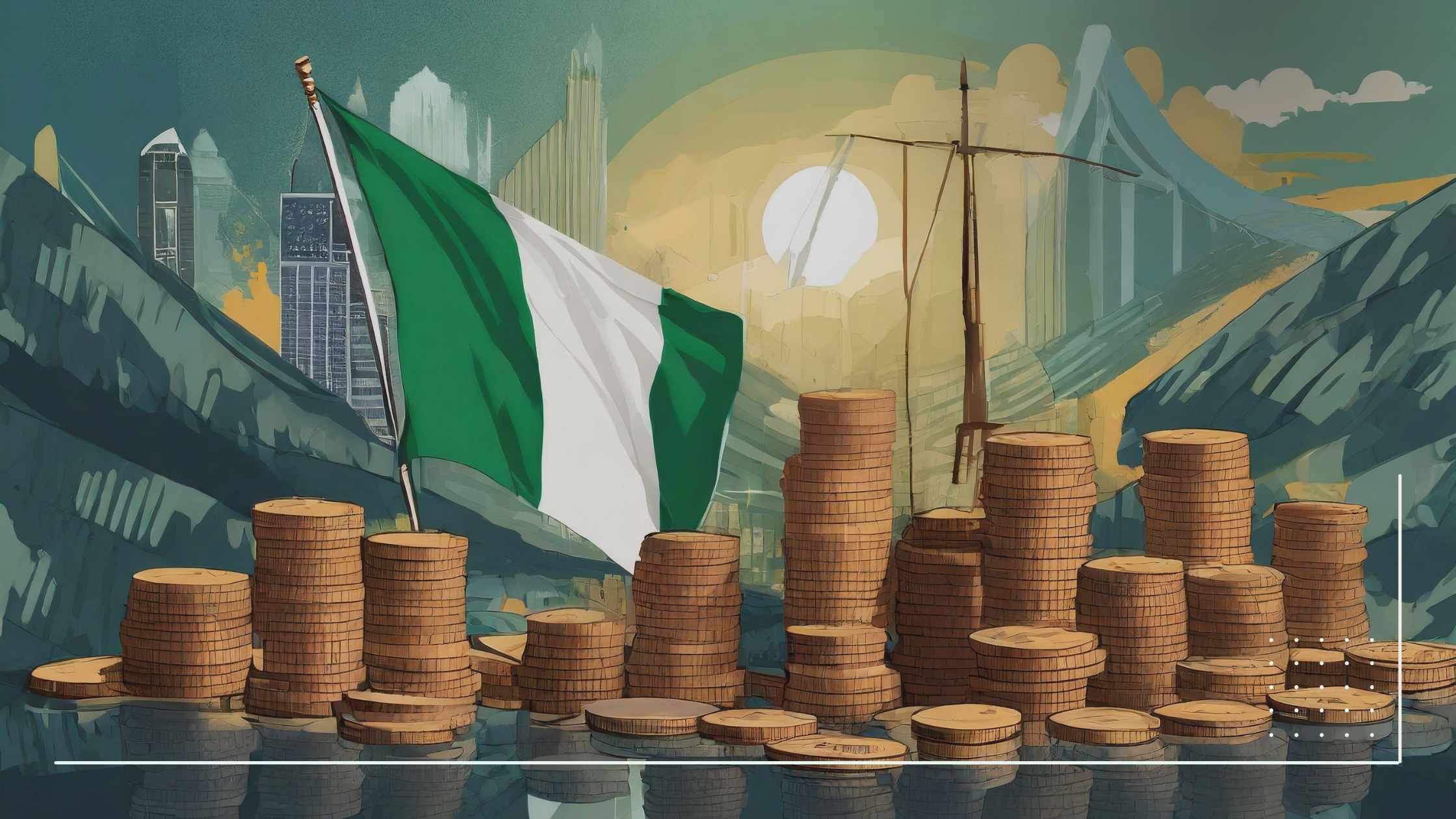
Capital importation is like fuel for Africa’s economy, bringing in the cash needed to drive growth and development across the continent.
For many African nations, attracting foreign investments is not just a strategy for growth, it is a necessity to address infrastructure deficits, stimulate job creation, and diversify economies that often rely heavily on natural resources.
However, achieving this has proven to be a daunting task, especially in regions grappling with political instability, policy uncertainty, and global economic shocks.
In Nigeria, the story is both hopeful and challenging. As Africa’s most populous nation and its fourth-largest economy, Nigeria has immense potential to attract capital, and the government has made this a cornerstone of its economic agenda.
The administration has been working on reforms to improve infrastructure, and bring some calm to an otherwise turbulent economy. But challenges like inflation and a volatile currency remain hurdles in the race to attract big money.
According to the National Bureau of Statistics, the United Kingdom has consistently emerged as Nigeria’s top investment partner, contributing a substantial $3.43 billion between January to September 2024.
South Africa ranks second, contributing $1.02 billion. This significant figure highlights the growing intra-African investment ties, with South African businesses playing a key role in Nigeria’s retail, telecommunications, and banking industries.
The Netherlands, with investments totalling $781.82 million, ranks third.
Below are the top 10 countries fueling Nigeria’s economy through foreign investments (Jan-Sep):
| Rank | Country | Total Investment |
|---|---|---|
|
1 |
United Kingdom |
$3.43 billion |
|
2 |
South Africa |
$1.02 billion |
|
3 |
Netherlands |
$781.82 million |
|
4 |
Mauritius |
$527.95 million |
|
5 |
United States |
$334.72 million |
|
6 |
UAE |
$279.54 million |
|
7 |
Cayman Islands |
$191.95 million |
|
8 |
Saudi Arabia |
$175.08 million |
|
9 |
Singapore |
$104.77 million |
|
10 |
Belgium |
$89.81 million |










